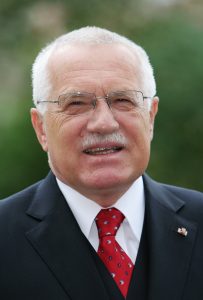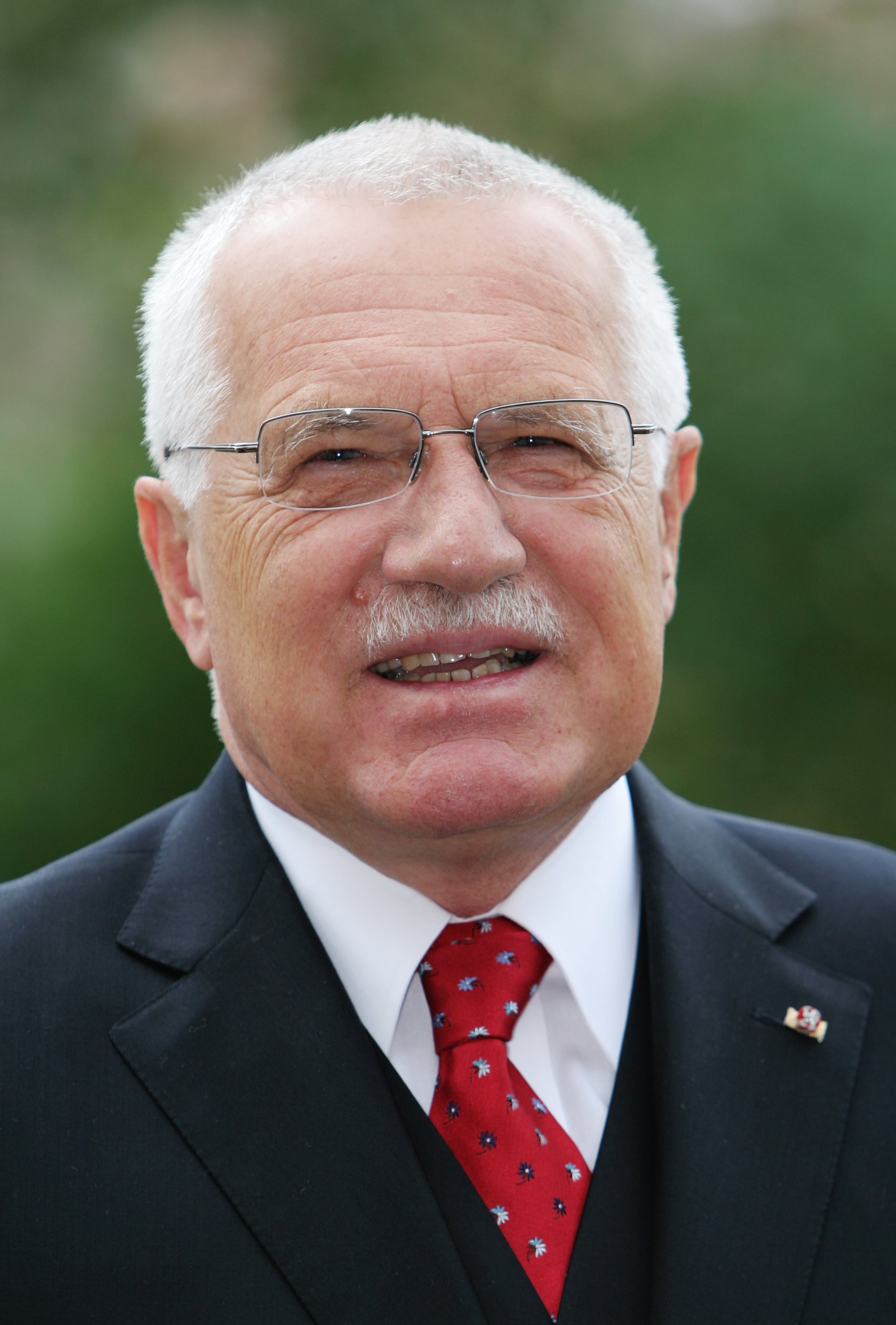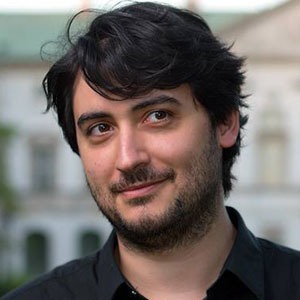 Václav Klaus is a Czech economist and politician who served as the second President of the Czech Republic from 2003 to 2013. He also served as the second and last Prime Minister of the Czech Republic, federal subject of the Czech and Slovak Federative Republic, from July 1992 until the dissolution of Czechoslovakia in January 1993, and as the first Prime Minister of the newly-independent Czech Republic from 1993 to 1998. He is known for his euroscepticism, denial of man-caused global warming, opposition to mass immigration, and support of free market capitalism.
Václav Klaus is a Czech economist and politician who served as the second President of the Czech Republic from 2003 to 2013. He also served as the second and last Prime Minister of the Czech Republic, federal subject of the Czech and Slovak Federative Republic, from July 1992 until the dissolution of Czechoslovakia in January 1993, and as the first Prime Minister of the newly-independent Czech Republic from 1993 to 1998. He is known for his euroscepticism, denial of man-caused global warming, opposition to mass immigration, and support of free market capitalism.
This conversation with Grégoire Canlorbe took place in Paris, in December 2017. It was first published on John Bolton’s Gatestone Institute. You may find the Czech translation here.
Grégoire Canlorbe: People are often defined by a common worldview rather than by genetics or where they live. In view of the situation in the Czech Republic, do you agree?
Václav Klaus: I would return the issue to the defense of the Nation-State. I truly believe in the Nation-State, therefore I am so critical of the continental ambitions of many European officials. I do not believe in the European Union or the European integration. This is for me the starting point.
For me, the Nation-State is the only possible way to have democracy. Democracy simply cannot exist at a higher level, as in continents, let alone global democracy in the world. So, my starting point is the Nation-State, the defense of the Nation-State, and the fighting continental integration.
In this respect, I am in favor of Trump. Donald Trump is not my cup of tea personally, intellectually, but his position on many issues is a positive one. I especially think of his refusal to sign the Paris Agreement, his important speeches like that in Warsaw in the summer or that in the United Nations in September, defending the Nation-States, culture, traditions, habits, mores and behaviors, lifestyles. It is something that I feel is with Trump, something that Hillary Clinton would never, never say.

